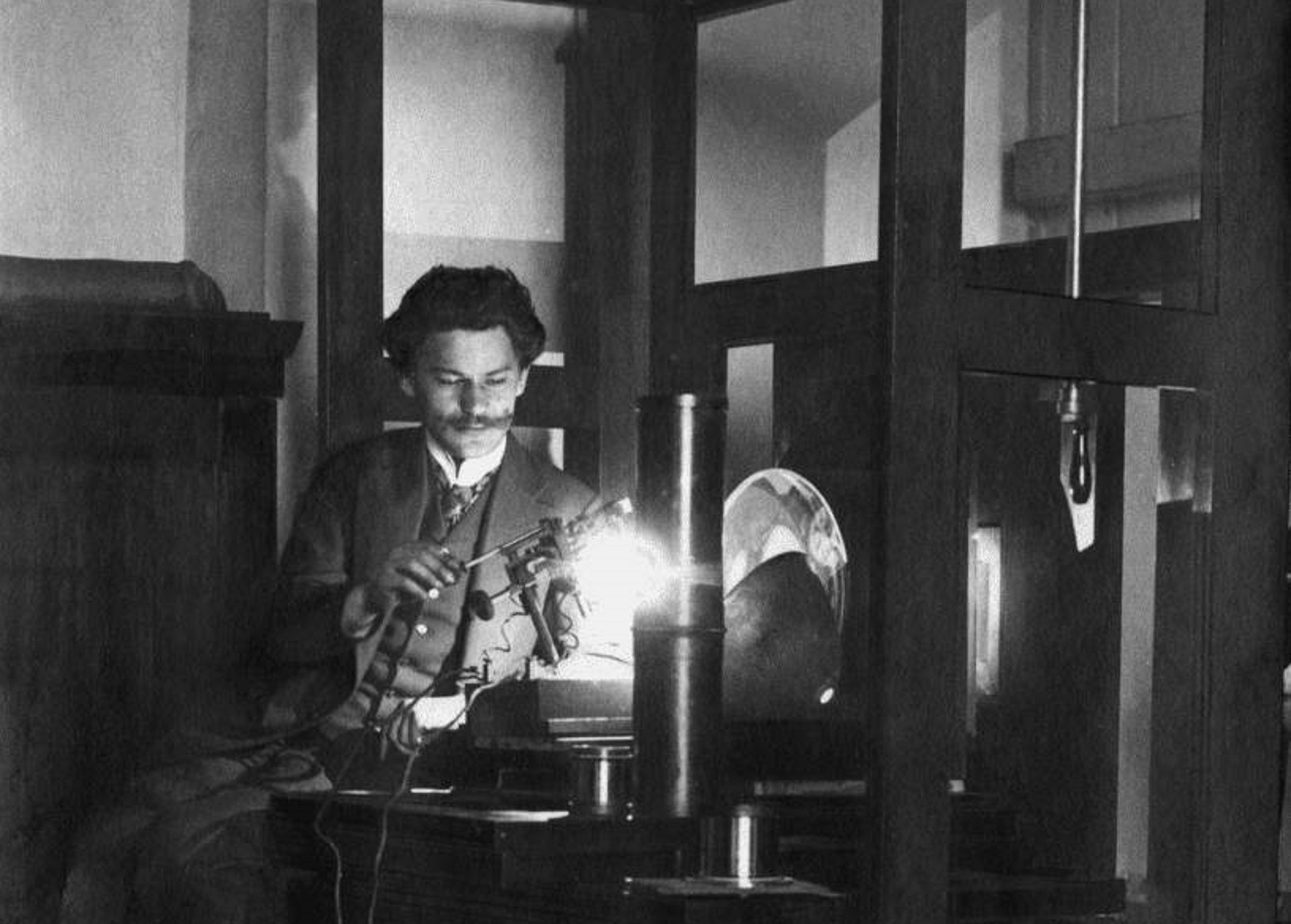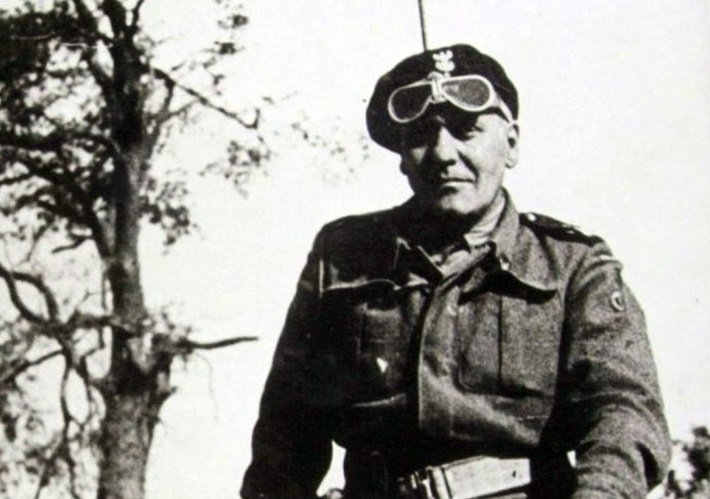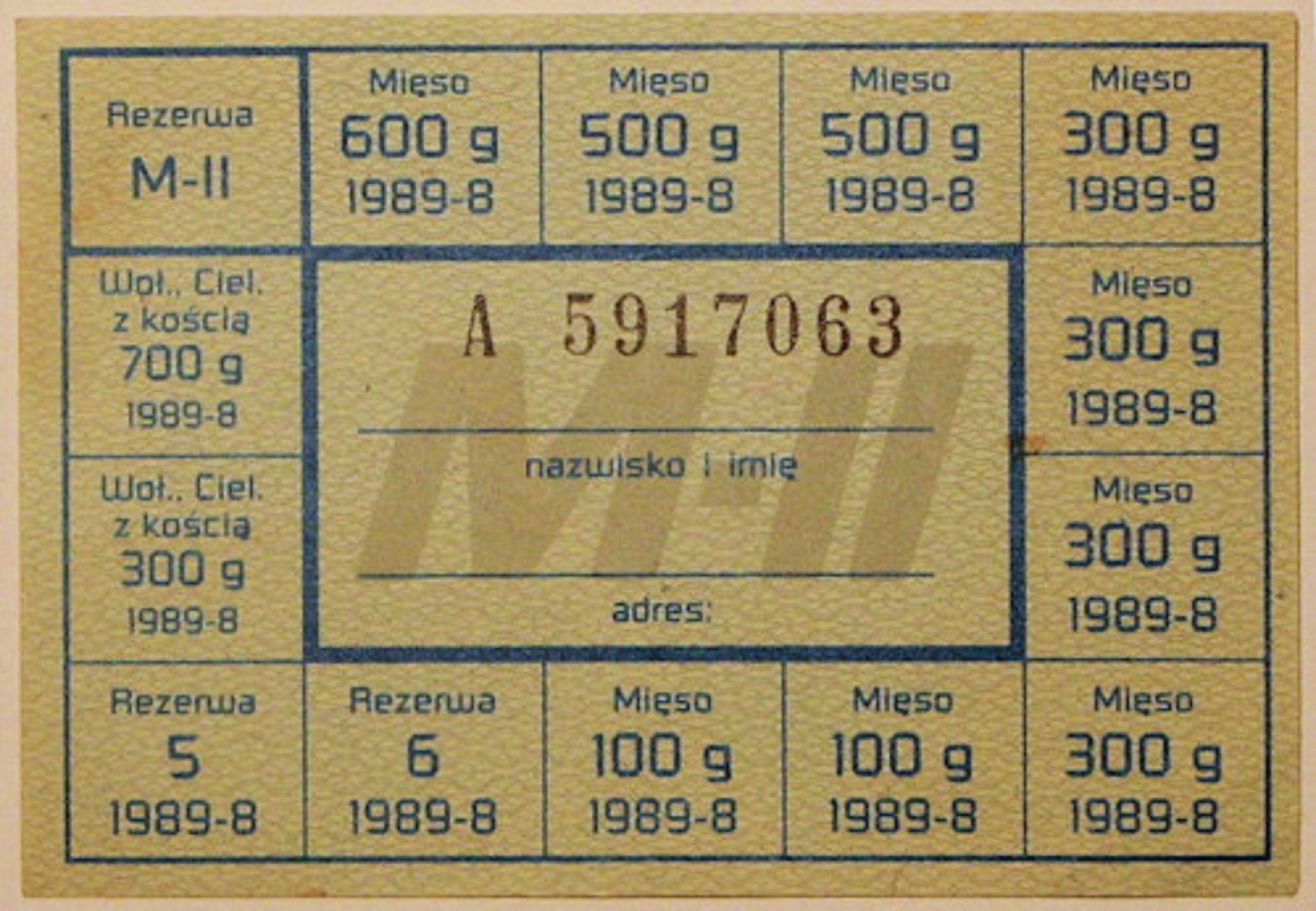We talk to Professor Rafał Habielski about the recently published correspondence of Stanisław Cat-Mackiewicz, the difficulties and challenges he encountered as a journalist and what makes his letters unprecedented in the history of Polish literature.
“Cat’s Versions” are a record of the obstacles Cat-Mackiewicz encountered in his private life as well as his reflections during the post-war period. So let us begin with an examination of Cat-Mackiewicz’s private life before the war.
In the 1920s, and throughout his later life, Stanisław Cat-Mackiewicz was first and foremost a journalist; someone overwhelmed by the need to write and addicted to writing. Therefore, drawing a distinction between the private and what is commonly referred to as the professional sphere does not apply in his case. This by no means implies that he lacked a private life. He was married with two daughters, had a social life, enjoyed visiting restaurants in Vilnius and Warsaw, and he was certainly not a recluse.

Did he begin his correspondence at that time – whether private or political – or did he instead undertake this after the war?
In the pre-war period, apart from conversation, written letters were the most important form of communication. Mackiewicz certainly employed this method [of communication], the more so as he was the editor of a fairly significant journal and for some time had been its representative [abroad]. We do not know as much about his [correspondence] at this time as we do about his post-war letters, which have been preserved to a large extent. However, there is no reason to doubt that his letters before the war differed in any substantial way.
What was Mackiewicz’s correspondence like, what inspired it, and did he, apart from Pawlikowski, have confidence in anyone else and write as openly to anyone else?
His correspondence with Michał K. Pawlikowski is certainly something special. An exchange of information, thoughts and confessions lasting almost twenty years with someone from the same social, cultural, political and geographical world as Mackiewicz, the letters recall a world which no longer existed. Over time, Pawlikowski, who had moved from London to California shortly after the war, became Cat’s confidant in matters that he did not confide to anyone else. He was a sounding board for a range of issues: political, social, financial and romantic. His correspondence with others was composed of letters to the editors of the journals with whom he cooperated abroad, i.e. Grydzewski and Giedroyc. These were basically, i.e. requests to publish articles and, in Grydzewski’s case, requests to be paid. In London, Mackiewicz happened to be from time to time literally penniless.
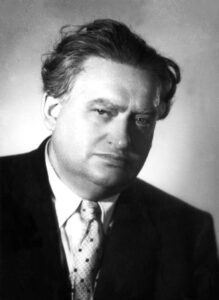
The striking thing about the selected letters is the absence of two important topics: the period when he was the prime minister of the government in exile and during his talks with the Polish People Republic’s intelligence about the return. What is the reason for this absence?
I believe that he did not write much about his role in the government because there was nothing to boast about, not to mention the fact that he had little time and worked many hours a day. The fact that managing a cabinet without any tools, functioning de facto in a vacuum, was doomed to failure, was something he probably understood before he decided to become Prime Minister. If he wrote about it, he would need to face the reasons for the step he took, which would not be easy. But he did not evade self-assessment, and in November 1955 he submitted a report in “Kultura” with the title “Un travail raté”, (“Unsuccessful Work”). On the other hand, his silence about contacts with representatives of the communist political police can be explained by an awareness that he was taking part in something that was – to put it mildly – indecent, which he was well aware of and which obliged him to remain silent.
When examining a selection of letters, we usually expect to hear the opinion of the writer on various topics. It is different here, Mackiewicz’s letters are largely devoted to himself and his troubles.
Indeed, Mackiewicz wrote a lot about himself, and may be suspected of self-centeredness. However, who is free from this failing? Additionally, the right to self-centeredness is inherent in the formula of a letter, which can be viewed as a manifesto of privacy, especially in the case of a lonely person in a difficult position and enduring constant struggles. I make no accusation about this, on the contrary, I appreciate this inclination, because thanks to it we have gained an intriguing source of insight into people’s opinions, historical views, intentions of the writing they would undertake as well as those ideas that never left the drafting board. Thanks to his honesty, need and ability to talk about intimate matters, although sometimes in a way that not everyone may like, Mackiewicz’s letters can be classified as a form of erotic writing. This is unprecedented in Polish literature and can be understood as well as a merit or fault of egocentrism.
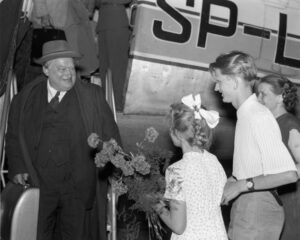
In an extension of the above question, I would like to ask about the Mackiewicz we meet in these letters and consider how he differs from the one we know from his other writings.
In my opinion, in both cases he is authentic and truthful, his letters do not conflict with his writing, nor do they contradict the views expressed in it, and do not conflict with the positions he takes. I get the impression that, to a great extent, they exist as the foundations of his writing. They are not substitute works, as is sometimes the case, they constitute a separate order, and due to their authenticity and spontaneity, they form a separate story about his person, and it is difficult to be indifferent to it. At the same time, they confirm the belief that correspondence is an attractive testimony, not always easy to “control”, but fascinating nonetheless.
Interviewer: Przemysław Mrówka
Translation: Alicja Rose & Jessica Sirotin


